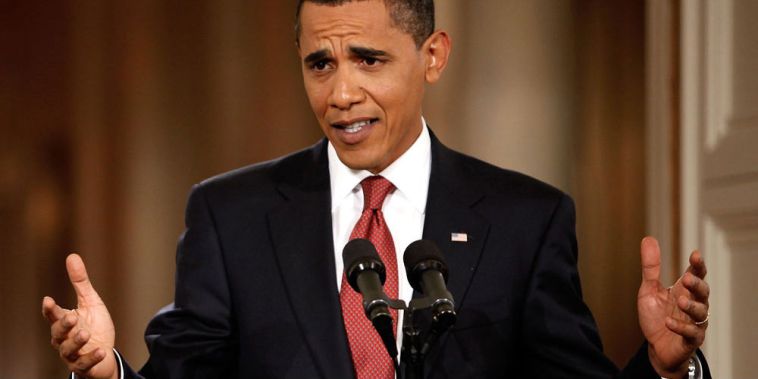If Republicans manage to win the control of the Senate, it will not be because the party put forward an ambitious, principled agenda that inspired and motivated voters. In fact, according to data released last week by Gallup, voter engagement is at its lowest since 2002, when the GOP picked up two seats to win control of the upper chamber, and almost certainly will translate into lower voter turnout.
Videos By Rare
Neither party has given voters much to be happy about as they approach the mid-term election. Vulnerable Democrats are falling over themselves to avoid being tied to President Barack Obama and national party leaders. Whether the issue is ObamaCare, destructive environmental regulations, or foreign policy, Democrats do not want to be held accountable for their votes or the actions of this administration.
Republicans, for their part, are simply trying to play a mistake-free game. They want to run out the clock on the election without having to present a positive agenda that resonates with Americans. The GOP is more than willing to run against President Obama, rather than explain to voters what specifically they are for.
Earlier this month, the Republican National Committee rolled out the Principles for American Renewal, a list of several areas — including healthcare, poverty, energy, and immigration — in which Republicans are trying to offer distinctions between themselves and the policies of the Obama administration. The principles are mostly generic and lacking in detail. Needless to say, the Principles for American Renewal is hardly the Contract with America, on which Republicans ran in 1994, nor is it the Contract from America, the bold limited government principles presented by liberty-minded grassroots activists in 2010.
In 2010, Republican insurgent candidates at least stood for something, even if some have not followed through with all the promises they made to voters (which has been nearly impossible to do given the political divisions between the two chambers that comprise the legislative branch). Still, voters were frustrated with President Obama and rejected ObamaCare. Gallup shows that voters were much more engaged in the 2010 election and at least “more enthusiastic about voting than usual.”
It is amazing that, nearly two years after President Obama was reelected, Republicans still have not yet come up with a real strategy to attract new voters, including millennials and minorities. The GOP’s efforts to appeal to these two crucial voting blocs are cheesy, inauthentic, and completely unserious.
There are Republicans, however, leading the way in these crucial efforts. Sen. Rand Paul (R-KY), for example, has spent much of the last two years reaching out to Millennials by making civil liberties and the need for more economic opportunities for young people as prominent parts of his efforts. He has spoken to predominantly African-American audiences at Howard University and the National Urban League where he has highlighted criminal justice reform and school choice.
Paul has also worked to make the GOP more attractive to lower and middle-class voters by taking a strong stand against cronyism- the collusion between big government and big business. His positive message for a more inclusive, liberty-minded GOP is certainly having an impact on these voting blocs.
Paul, of course, is not the only Republican working to improve the party’s image, though he is the most notable. Still, far too many Republicans want to preserve the status quo. If the GOP wins the Senate this fall and increases its majority in the House of Representatives, they will undoubtedly tout it as some sort of a mandate, and they will be proven wrong.
President Obama may be a good campaign tool in the 2014 election, but he will not be around for forever. If Republicans want to be competitive in 2016 and in the future, they must begin telling voters what they are for, rather than what they are against. With a growing national debt and a continuing assault on the Constitution, Republicans have an obligation to the country to begin taking its outreach efforts seriously.
This “phone it in” approach the GOP has taken is not a sustainable strategy.

